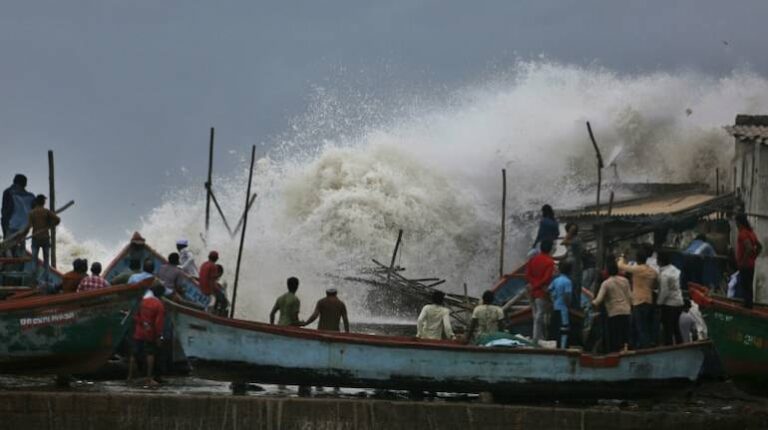
(Reuters) – India’s coast guard found 81 survivors and eight dead on a boat crammed with Rohingya refugees adrift in the Andaman Sea, an Indian foreign ministry official said on Friday, adding the survivors would not be allowed to enter Indian territory.
Another refugee was missing, External Affairs Ministry spokesman Anurag Srivastava said on Thursday, giving news of the rescue.
The United Nations refugee agency had raised the alarm earlier this week over the missing boat, which had set off on Feb. 11 from Cox’s Bazar in Bangladesh, where refugee camps have been established for hundreds of thousands of Rohingya who fled neighbouring Myanmar.
After four days at sea the boat’s engine failed, and those on board had run out of food and water, Srivastava said. Many were ill and suffering from extreme dehydration by the time they were rescued.
Two Indian coast guard ships were sent to help the refugees, 23 of whom were children, and the Indian government is in discussions with Bangladesh to ensure their safe return, he said.
India is not a signatory to the 1951 Refugee Convention, which spells out refugee rights and state responsibilities to protect them. It does not have a domestic law to protect the more than 200,000 refugees it currently hosts, including some Rohingya from Myanmar.
Hundreds of thousands of Rohingya fled to Bangladesh after a deadly crackdown by security forces in Myanmar in 2017.
“Bangladesh is respectful of its international obligations under the UNCLOS (The United Nations Convention on the Law of the Sea),” Bangladesh’s foreign ministry said in a statement.
On earlier occasions when other littoral countries of the region repeatedly denied access to the Rohingyas adrift on the sea, it was the Bangladesh that came to the rescue, the ministry added.
The statement said the boat had been traced approximately 1,700 kms away from Bangladesh and 147 kms from India.
“Other states, particularly those on whose territorial water the vessel has been found, bear the primary responsibility and they should fulfil their obligation under international law and burden-sharing principle,” the ministry said.






